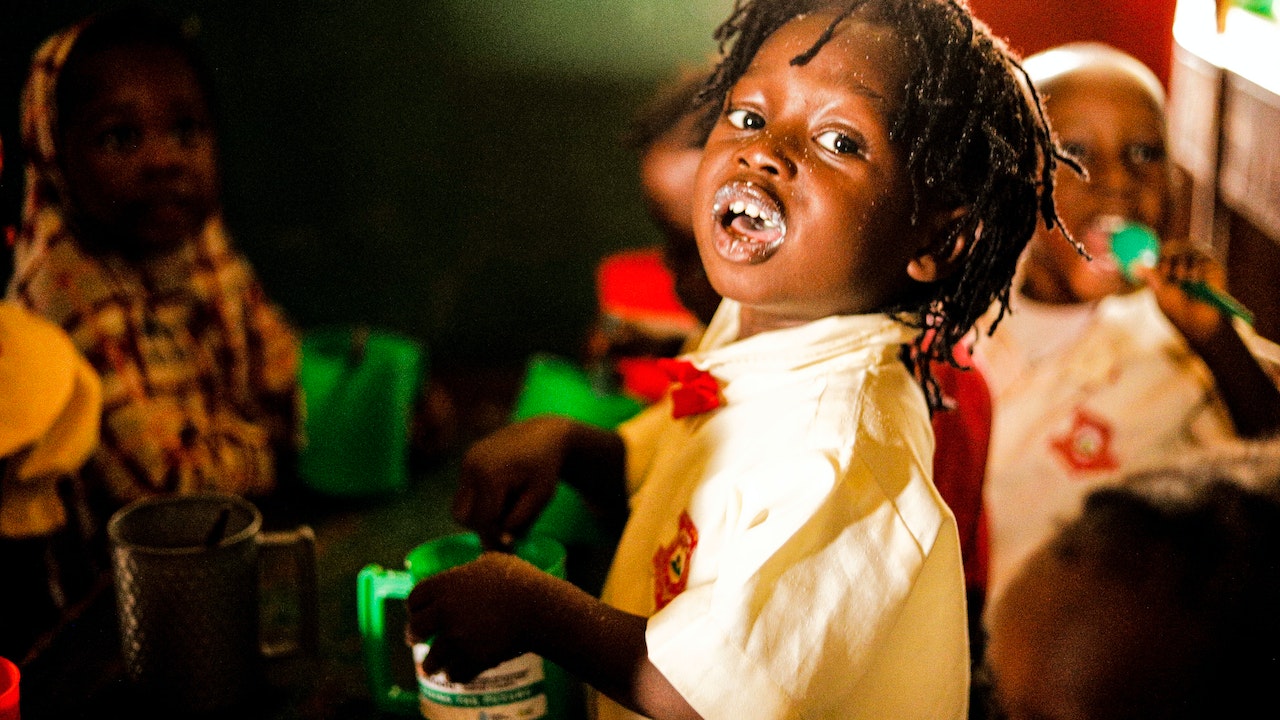EU Contributes EUR 3 Million to WFP for Nutritional Support in Southern Africa

- Country:
- South Africa
The United Nations World Food Programme (WFP) has welcomed a generous contribution of EUR 3 million from the European Union (EU) aimed at bolstering nutritional support and services for the most vulnerable urban communities in Lesotho, Madagascar, Mozambique, and Zimbabwe. This funding will help WFP, governments, and partners explore effective strategies to reduce and mitigate the impact of shocks on these communities, which are frequently hit hard by climate disasters, resulting in severe livelihood disruptions.
The COVID-19 pandemic underscored the deficiencies in support provided to urban residents by emerging social protection systems in sub-Saharan Africa. Urban working poor and informal workers often found themselves excluded from social assistance and insurance.
Building on critical insights from the project's first phase in 2021, this initiative will work closely with regional, national, and local authorities to develop guidelines from the Southern African Development Community (SADC). These guidelines aim to enhance urban disaster response preparedness, reducing the number of people affected by urban disasters. The two-year project will employ a multi-sectoral participatory approach to strengthen the capacities of National Disaster Management Authorities (DMAs), Social Welfare, and Local Governments in improving coordination and collaboration for urban preparedness and response activities.
“We are grateful for the European Union’s support, made through its Humanitarian Aid department,” said Lola Castro, acting Regional Director for Southern Africa. “The contribution from the EU will help governments and WFP prepare and empower urban communities by strengthening resilience to withstand recurring multiple hazards. This will be done by ensuring emergency readiness and response that address urban dwellers’ essential needs through targeted cash-based transfers, which uphold dignity and promote their self-reliance.”
Southern Africa is currently grappling with rising rates of malnutrition and widespread food insecurity among both rural and urban populations. More than 30 million people across the region have been affected by the severe El Niño-induced drought this year. Even before the drought, high levels of food insecurity and humanitarian needs were driven by socio-economic challenges, high food prices, and the compounded effects of the climate crisis.
WFP and the EU remain committed to providing humanitarian assistance and support to the most vulnerable populations. This contribution highlights their shared dedication to humanitarian principles and the goal of achieving Zero Hunger.
- READ MORE ON:
- World Food Programme
- European Union










